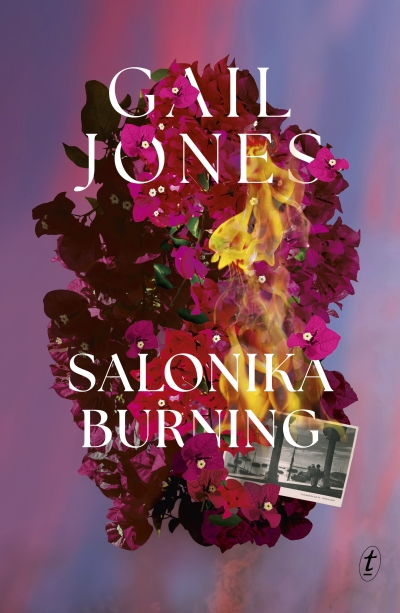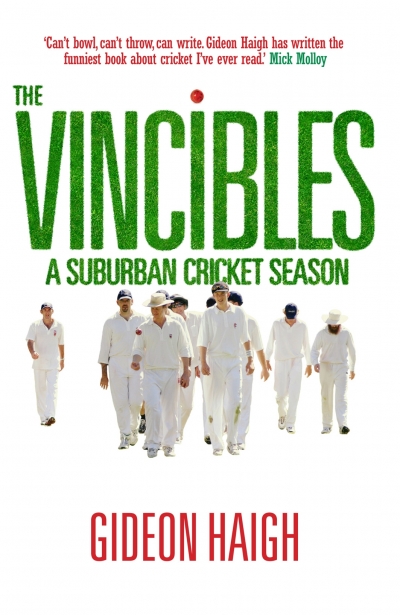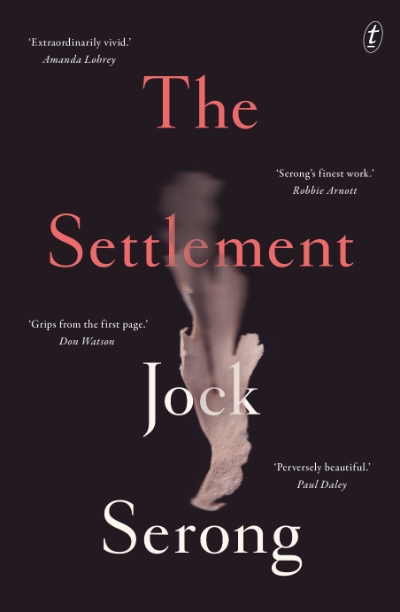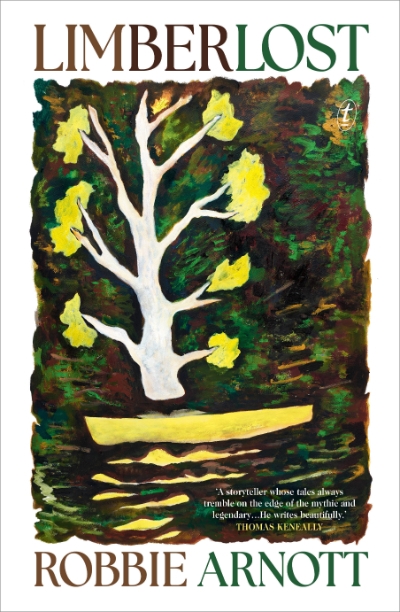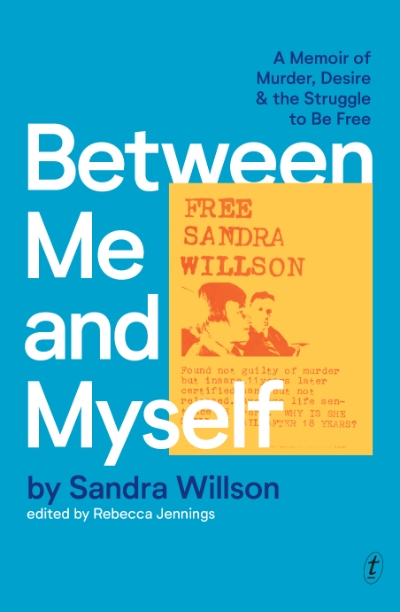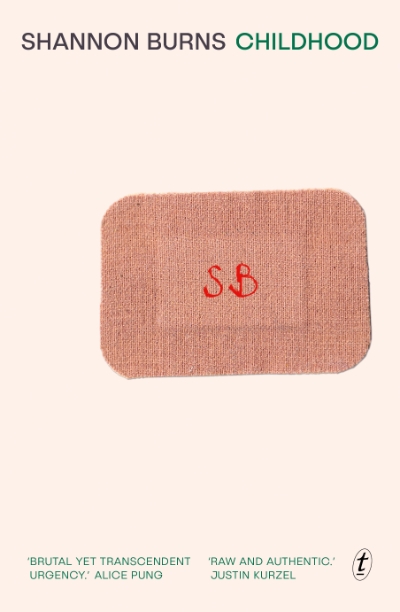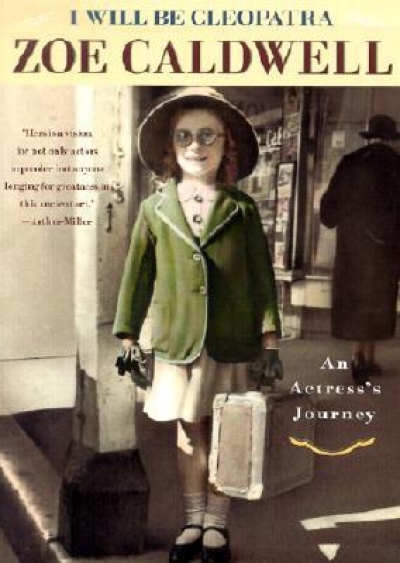Text Publishing
The Vincibles by Gideon Haigh & Over and Out edited by John Gascoigne
Between Me and Myself: A memoir of murder, desire and the struggle to be free by Sandra Willson, edited by Rebecca Jennings
I Will Be Cleopatra: An actress's journey by Zoë Caldwell
Publishing non-fiction books for young adults and children demands creativity, invention and a dash of bloody-mindedness. Our relatively small population means that non-fiction books must make their way in an ever-tightening market. Big-budget ‘wow factor’ titles like the design-heavy Pick Me Up (Dorling Kindersley) and the best-selling The Dangerous Book for Boys (Conn and Hal Iggulden) are largely beyond the scope of the domestic market. Both have been international hits. Without the audience base to launch such books, Australian writers and publishers must work to a tight brief, navigating between the relatively small market and the diminishing school library budget. To succeed, these books need to work outside the school context as well as within.
... (read more)
